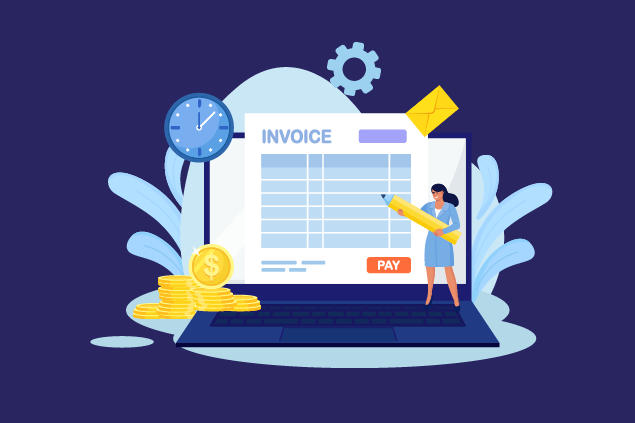As the trend towards flat fee billing continuously grows, more clients are becoming aware of this option and seeking it out for their legal needs. If your firm has yet to join the flat fee revolution, don’t be surprised if potential clients inquire about it as a possible option. As a shrewd lawyer, you see the possibility. Instead of taking this request as a negative, take it as an opportunity and open the door for a potentially profitable conversation.
Benefits of Fixed Fee Billing
Why do clients like flat fees?
Hourly billing represents traditional legal practice, but is also creates a significant level of uncertainty for clients. Consumers are careful about how and where they spend their money. They appreciate the comfort of knowing what a service or product will cost before making the commitment to purchase. Hourly billing directly counters this desire because clients feel forced to secure your services, even with no guarantee about the total cost. Flat fee billing provides the client with cost information up front, so there are no surprises on the back end of the matter. Potential clients appreciate this knowledge and, with more law firms offering set fees, more of the public expects this option.
Considering the option.
When a client requests flat fee billing, don’t be afraid to have the conversation. While every matter is not appropriate for this type of billing, there are some practice areas that fit perfectly with fixed pricing. Simple, repetitive tasks are best suited for flat fees. Wills, uncontested divorces, and basic business transactions all lend themselves to this option. This is especially true for practices that do these types of cases on a regular basis. Some advocates of fixed fee arrangements assert that they make lawyers more productive by creating an incentive for greater efficiency. Talk to your client about his or her needs. If it’s a good fit, move on to creating a fixed fee plan.
If the matter isn’t a good match, at first glance, think about the possibility of a hybrid billing arrangement. This doesn’t have to be an all or nothing decision. Many firms offer a combination of fixed and hourly billing. For example, a divorce matter involves numerous steps and many of them are standard to every single marriage dissolution case. How about a flat fee for routine filing tasks and case scheduling? Then, based on the uncertainty of a divorce hearing, use an hourly arrangement for settlement attempts and court appearances. A quick settlement will hopefully leave the client feeling satisfied with your services and the money spent for them. Equally as important, your firm receives adequate compensation for its efforts.
Don’t close the door to opportunity when clients ask for a fixed fee billing arrangement. With careful consideration, you may come up with a fee arrangement that makes your new client happy and increases the productivity of your practice.
Benefits of Fixed Fee Billing
About Erika Winston:
Erika Winston is a Virginia based writer with a passion for all things legal. As a former domestic relations attorney, she understands the challenge of determining the best fee structure for your practice. Erika is a regular contributor to TimeSolv and a variety of other publications.

















